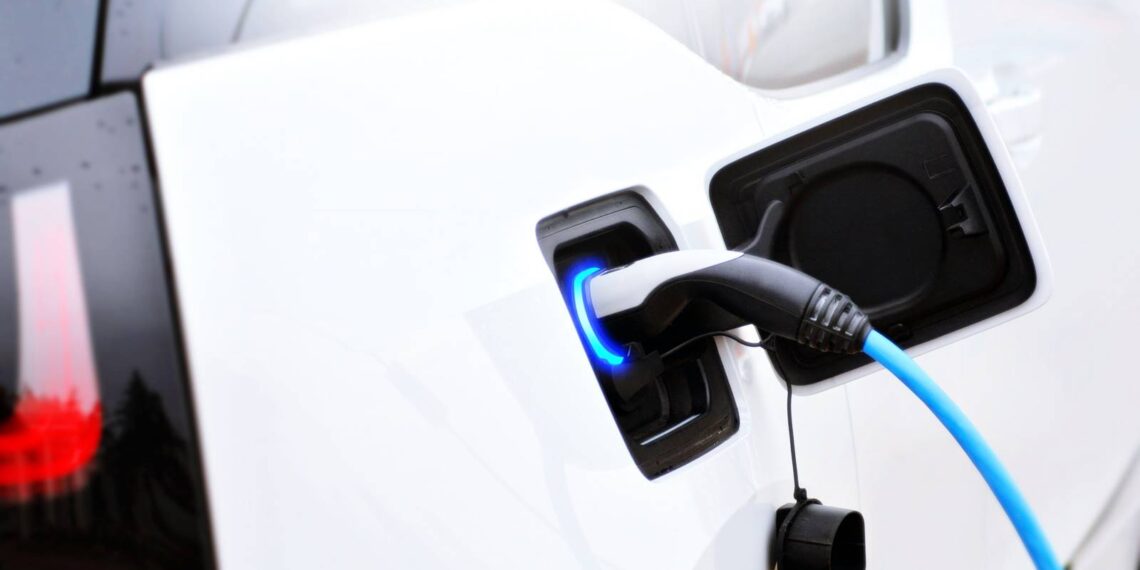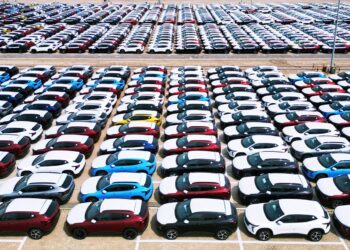No products in the basket.
Thailand has set its sights on fostering the growth of its domestic electric vehicle (EV) industry and establishing a robust supply chain for the production of EV batteries. To achieve this, the country’s National Electric Vehicle Policy Committee has outlined an ambitious target of having zero-emission vehicles (ZEVs) account for 30% of the local automobile production by the year 2030.
Key Takeaways
- Thailand aims to have 30% of its automobile production comprise zero-emission vehicles by 2030, driving the development of its electric vehicle industry.
- The Thai government is providing subsidies and incentives to support the production of battery electric vehicles, attracting investments from companies such as Horizon Plus and CATL.
- Thailand is also working on building a robust EV battery supply chain, including partnerships for lithium mining and conversion, as well as exploring battery recycling opportunities.
Thailand aims to become a leading producer of electric vehicles (EVs) and a regional hub for future mobility. Prime Minister Srettha Thavisin revealed this vision at the opening of Delta Electronics (Thailand) Plc.’s new factory and research center dedicated to EVs in the Bangpu Industrial Estate (North) in Samut Prakan province.
Support authors and subscribe to content
Subscribe to read the entire article.
Login if you have purchased
Discover more from Thailand Business News
Subscribe to get the latest posts sent to your email.














